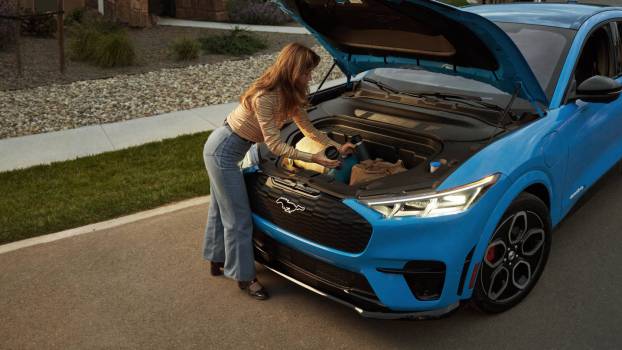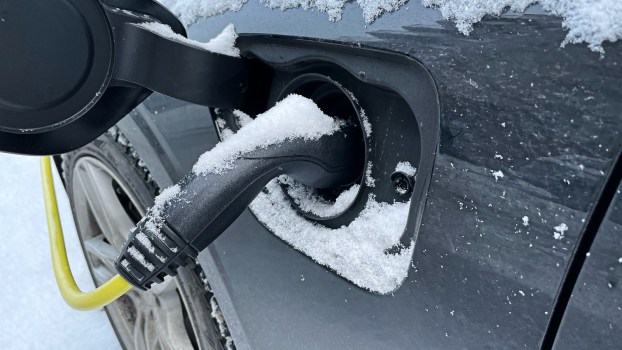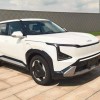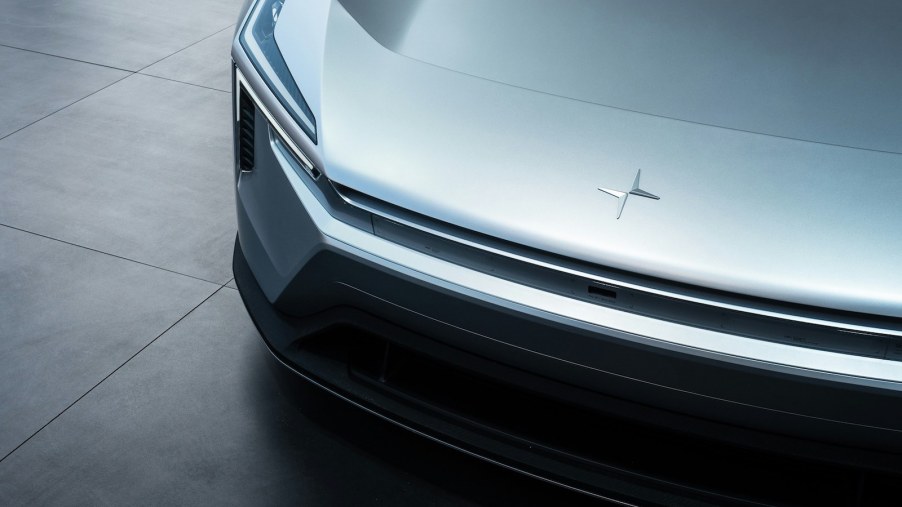
Volvo Is Cutting Its Polestar EV Startup Loose
Over the past several years, many traditional automakers without an electric vehicle department have bought an EV startup. Volvo ended up owning 48% of Polestar.
The current Polestar was founded in Sweden in 2005. At first it was a racing team, but soon it morphed into an EV startup. Volvo acquired much of the company in 2015.
In the past year, electric vehicle adoption seemed in danger of slowing. Tesla responding by slashing the prices of its entry-level models. The resulting price war has erased any profits of competing startups. Polestar’s stock value has plummeted 83% since it went public (June 2022).
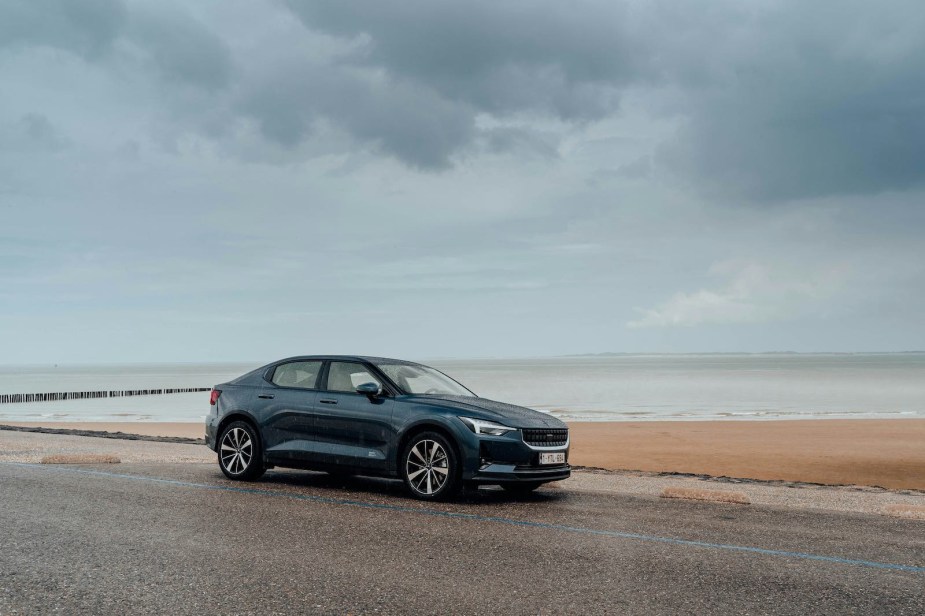
Polestar responded by cutting 15% of its workforce, or 450 jobs. But it was too little, too late. While investors expect startups to lose money at first, Volvo decided Polestar had lost too much. At the beginning of February, 2023, it announced it was selling its shares of Polestar.
Volvo’s decision to focus on its own cars made investors so happy, that its shares shot up 30% after the announcement.
So what’s next for the Polestar startup, which sold 54,600 vehicles in 2023? Volvo’s said it will sell its shares to the other owners. So it’s almost certain that a Chinese investment company called Geely will become Polestar’s majority shareholder. It will be interesting to see what a board dominated by investors will choose to do with Polestar.
Polestar is not the only company or project affected by a seeming drop in demand for EVs. All of the Detroit Three are scaling back EV projects they’d previously announced. Even Tesla’s stock took a rare tumble in January 2024 and is showing no signs of recovering.
Next, learn about how GM is pivoting from EVs to hybrids or learn more about the changes at Polestar in the video below:
